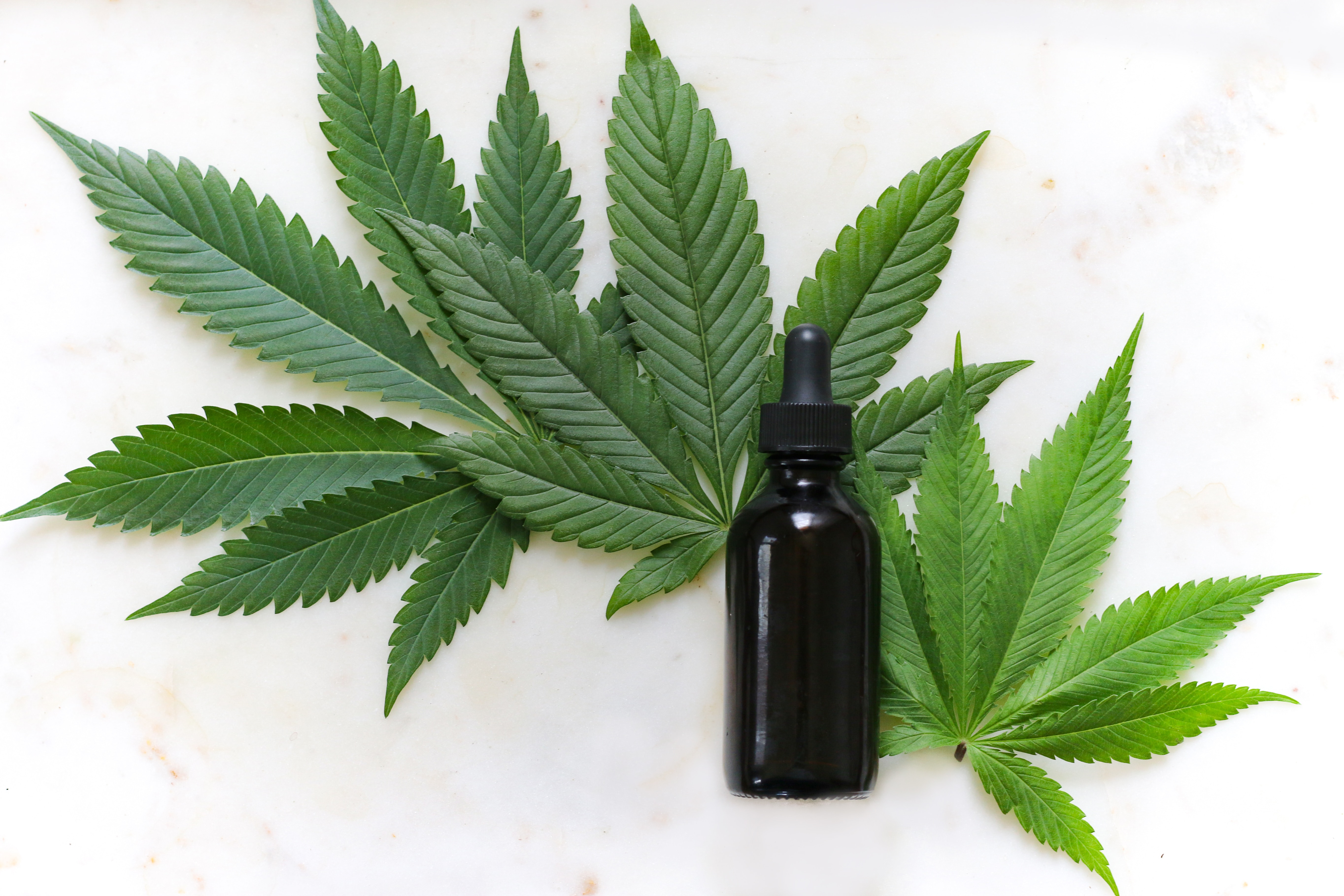As more states move towards marijuana legislation, industry professionals are trying to figure out how to adapt to the new social landscape. The trucking industry, in particular, is faced with new challenges in states that have already legalized marijuana where their drivers are based.
Last month, the ATA drew up pragmatic guidelines on how the trucking industry can handle legalized marijuana for the long term.
The Drug-Free Workplace and Marijuana
The FMCSA has already launched its clearinghouse database, which will store drivers’ records and keep track of employees who have tested positive for drug and alcohol abuse. While both drugs and alcohol are easy to test, legalized marijuana presents its own set of complications.
Alcohol is a legal substance. When consumed, alcohol is processed relatively quickly by the body, and after a few hours, a person can go back to being a professional driver. Marijuana, on the other hand, leaves residual chemicals behind in the body long after the effects of the substance have worn off.
This makes testing drivers who used marijuana the night before or three weeks ago hard to differentiate by urine or saliva tests alone.
A driver who uses legal marijuana on a weekend could potentially lose their job if they are tested the following week, which still needs to be addressed. To complicate things further, marijuana is now legal in 11 states, with 20 more introducing legislation for legalization.
The ATA’s Approach to Legalized Marijuana
Until more testing data can be analyzed to compare off-job recreational use of marijuana, the ATA has stated that employers still have the right to test for marijuana if it is determined that regular use could negatively impact safety.
To address the finer points of marijuana use and testing, the ATA is developing an impairment standard along with oral fluid testing. Additionally, the ATA is calling for a marijuana victim’s compensation fund.
If anyone is harmed in a marijuana-related accident or fatality, compensation would be paid by marijuana manufacturers, growers, and dispensaries.
To accurately determine levels of impairment and get finer testing results, restrictions on marijuana research need to be lifted because legalization is going to continue to present potentially detrimental challenges to both carriers and drivers alike.






